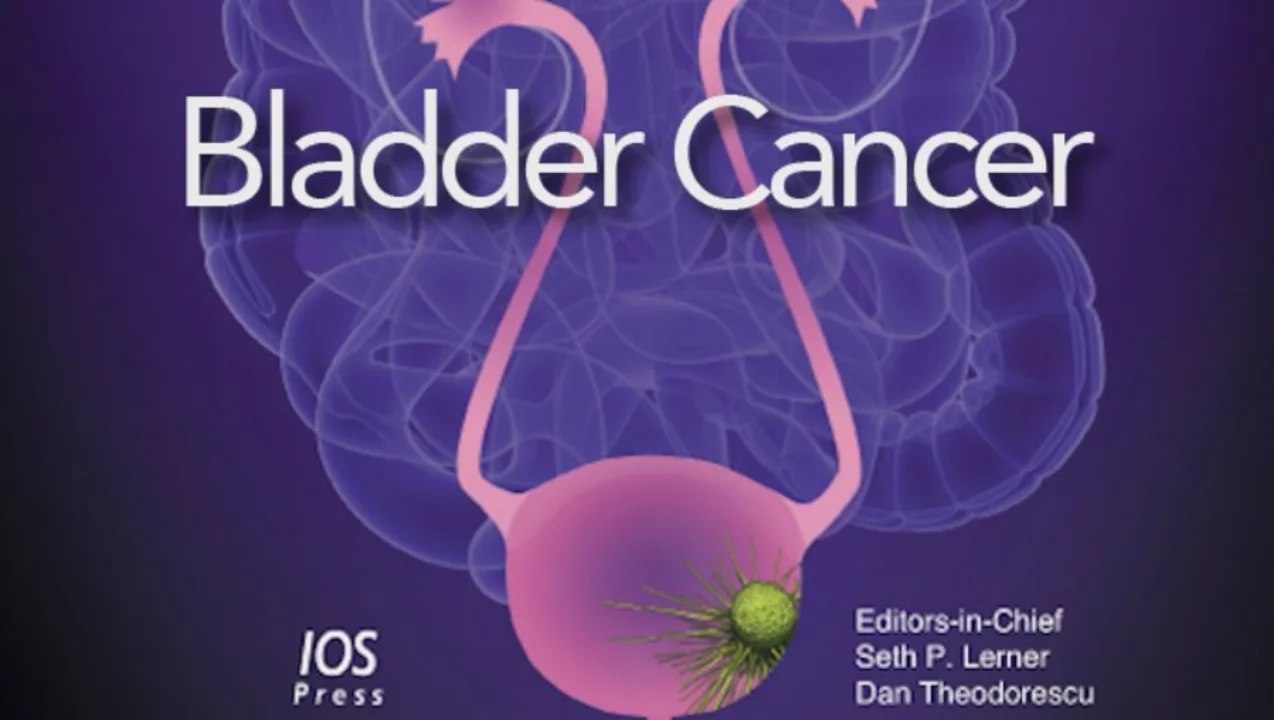Chemotherapy: What to Expect, How to Manage Side Effects, and Save on Meds
Getting chemotherapy is stressful. You probably have questions: what will happen during treatment, which side effects are normal, and how to keep costs down. This page gives simple, practical answers you can use right away.
Common chemo side effects and quick fixes
Nausea and vomiting—Take anti-nausea meds like ondansetron as prescribed before symptoms start. Eat small, bland meals and sip clear fluids. Ginger tea or ginger candies can help some people.
Fatigue—Rest is okay. Try short walks if you can; light activity often helps energy levels. Plan errands for your best hours and accept help from friends or family.
Hair loss—Not everyone loses hair, but if it happens, a soft cap, scarf, or wig can make you feel more comfortable. Ask your clinic if a cold cap is an option; it reduces hair loss for some drugs.
Low blood counts—Your clinic will monitor blood tests. If counts drop, doctors may prescribe growth factors (like filgrastim) or change the schedule. Watch for fever and contact your doctor immediately if you have one.
Neuropathy (tingling or numbness)—Tell your care team early. Lowering dose or switching drugs can reduce long-term nerve damage. Avoid very hot water and be careful with sharp objects if you have numb fingers or toes.
Practical tips for appointments and meds
Bring a list of all medicines, vitamins, and supplements to every visit. Some supplements interact with chemo drugs. Ask each time whether a new over-the-counter product is safe.
Keep a side-effect diary. Note what you ate, meds taken, sleep, and symptoms. That makes it easier to find what helps and to give clear info to your care team.
Ask these key questions: What are the likely short- and long-term side effects? Which symptoms require an immediate call? Are there anti-nausea or pain options I can take at home?
Money-saving ideas that really work
Ask for generic versions of supportive meds (anti-nausea drugs, antibiotics, or pain relievers) — they’re often much cheaper and just as effective. Check patient assistance programs from drug makers; many cancer drugs and supportive meds have aid for qualifying patients. Shop around at licensed online pharmacies and compare prices for prescribed supportive drugs. If your insurance has a preferred pharmacy network, use it to lower copays.
Want a deeper read? Our Ribociclib article covers targeted therapy options for breast cancer and how those drugs fit into modern chemo plans — find it at this page. For more tips on buying meds safely, see our guide on checking online pharmacies.
If anything feels off during treatment, call your oncology team. Quick action often keeps a small problem from becoming serious. You don’t have to handle chemo alone—use your clinic, pharmacy, and community resources to make treatment safer and more affordable.
Chemotherapy and Drug Interactions in Cancer Patients: What You Need to Know
Chemotherapy remains a cornerstone of cancer treatment, but drug interactions can be dangerous. Learn how common medications, supplements, and even foods like grapefruit can affect your chemo, and what steps to take to stay safe.
Read MoreThe Role of Chemotherapy and Radiotherapy in Treating Zollinger-Ellison Syndrome
In my latest blog post, I discussed the role of chemotherapy and radiotherapy in treating Zollinger-Ellison Syndrome (ZES). As a rare condition characterized by tumors producing excessive gastric acid, ZES can lead to severe ulcers and other complications. Chemotherapy is sometimes used to slow down tumor growth and provide symptom relief, while radiotherapy can help target and shrink the tumors. However, both treatments have limitations and side effects that need to be considered. Overall, the efficacy of chemotherapy and radiotherapy in treating ZES is still a subject of ongoing research and discussion.
Read MoreThe role of capecitabine in treating bladder cancer
As a blogger, I recently came across some intriguing information about the role of capecitabine in treating bladder cancer. Capecitabine is an oral chemotherapy drug that has proven to be effective in treating various types of cancer. In the case of bladder cancer, it works by inhibiting tumor growth and preventing the spread of cancer cells. This treatment option can be particularly beneficial for patients who are unable to tolerate or respond to other standard chemotherapy drugs. Overall, capecitabine offers a promising alternative for those battling bladder cancer, and I'm excited to see how medical advancements continue to improve cancer treatment options.
Read More

